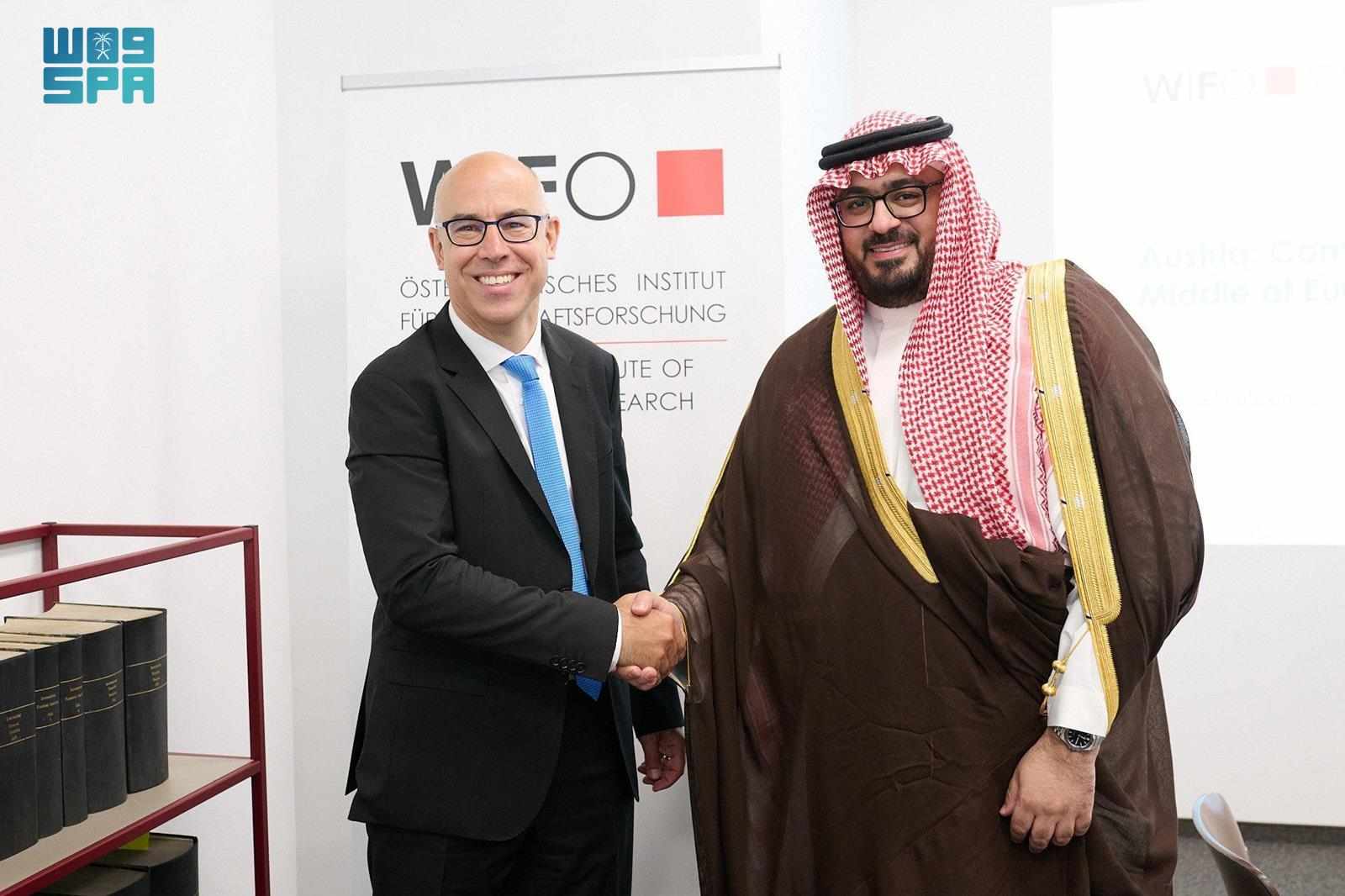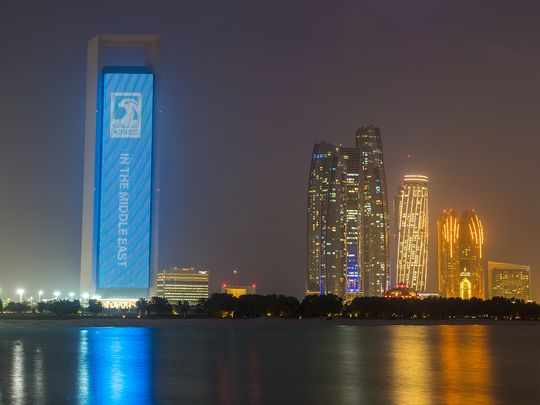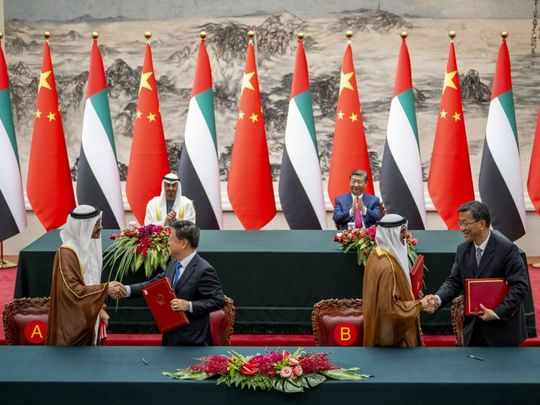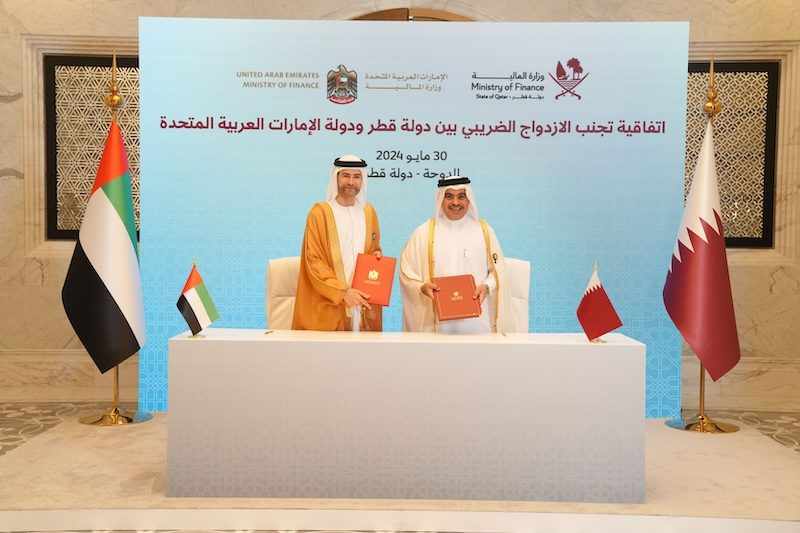Middle East sovereigns turn to private markets as surge in inflation poses tough questions
- Date: 18-Jul-2022
- Source: Zawya
- Sector:Financial Services
- Country:UAE
Middle East sovereigns turn to private markets as surge in inflation poses tough questions
- USD remains key world reserve currency for now, but RMB allocations are increasing
- Central banks counteract inflation by moving into non-traditional asset classes and government bonds
- More sovereigns are researching digital assets but prefer direct investment in the wider ecosystem to gain exposure
- Scale and private market exposure drive manager outsourcing and increased use of data science
Dubai – Surging inflation has prompted sovereign investors to re-examine their asset allocation, with private markets the main beneficiary, according to the latest Invesco Global Sovereign Asset Management Study. Now in its tenth year, the study details the views of 139 chief investment officers, heads of asset classes and senior portfolio strategists at 81 sovereign wealth funds and 58 central banks around the globe, who together manage $23 trillion USD in assets.
Inflation shock presents hard choices
After a long period of low interest rates and low inflation, sovereign investors have been forced to reconsider their macroeconomic assumptions and adjust their investments accordingly. The majority of sovereigns in the Middle East (55%) have repositioned their portfolios in anticipation of further rate rises, though the sharp correction in equities and failure of bonds to shelter portfolios have presented difficult choices.
Zainab Faisal Kufaishi, Head of the Middle





















